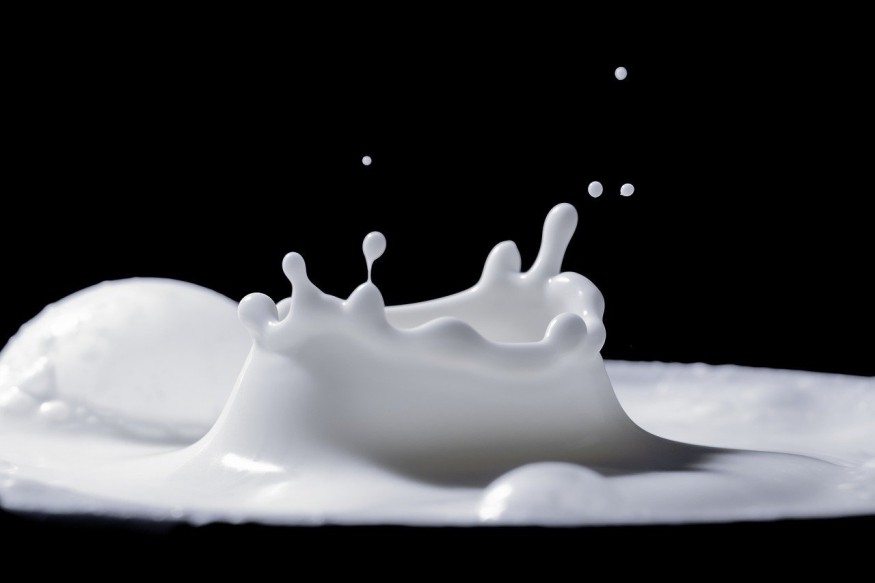Researchers and business people strive to find alternatives to producing milk without using cows. That means that the global dairy industry is changing from using animals to including synthetic milk, which is a more sustainable option.
Science Alert reported that synthetic milk does not need cows or other animals, but can still have the same biochemical makeup as animal milk. It is grown using an emerging biotechnology technique called "precision fermentation," which produces biomass cultured from cells. through this, it can address concerns about methane emissions or animal welfare.

Synthetic Milk is Not Science Fiction
In the study, titled "A Review of Megatrends in the Global Dairy Sector: What Are the Socioecological Implications?" published in the journal Agriculture and Human Values, researchers examined megatrends in the global dairy sector and reported that plant-based milk and synthetic milk emerged as key disruption.
Synthetic meat is growing in popularity but there are still struggles in matching its complexity and texture to the original animal meat. But with synthetic milk, producers were able to make something that tastes, looks, and feels just like the typical dairy milk from cows.
Its producers assure consumers that synthetic milk is not a science fiction idea. In fact, the Perfect Day company is advertising its animal-free protein products. The company currently supplies synthetic milk made from microflora that is used to make ice cream, protein powder, and milk.
Additionally, the Australian-based start-up company Eden Brew is also developing synthetic milk that targets customers who are increasingly concerned about the worsening climate change, particularly with the methane emissions from rearing cows.
The Commonwealth Scientific and Industrial Research Organisation (CSIRO) is reportedly helping the company with Eden Brew's product who uses precision fermentation to make their yeast and produce the same proteins found in cow milk. CSIRO says that these proteins give milk its key properties of being creamy and frothy, while minerals and other nutrients are added to create the final product.
What is Precision Fermentation?
According to CSIRO, precision fermentation is unlike traditional fermentation which relies on microbial cells and anaerobic conditions to convert ingredients into products, such as yogurt, bread, cheese, temper, and alcoholic drinks.
Precision fermentation is a new field of biotechnology that emerged as the frontrunner for additional sources of protein that supports sustainable sources of dairy. It uses the same principle as traditional fermentation but makes use of the nutritional qualities of fungal mycelium and the thread-like fibers that form as part of a fungus.
Mycelium is cultivated in large tanks, combined with sugar and nutrients to trigger growth. Once it is harvested, it will be cut and flavored to produce alternative protein products, called mycoprotein, that offer high levels of not only protein but also fiber, vitamins, and minerals. At this point, it can be used as an ingredient without the need to extract and purify the protein.
Some companies that have been selling mycoprotein products are QuornTM since 1985, start-ups including Fable Foods in Australia, Meati, Prime, Nature's Fynd in the US, Mushlabs in Germany, and Kinoko-Tech in Israel.
RELATED ARTICLE : First Cloned Cow in Russia Opens Hope to Producing Lactose-Free Milk
Check out more news and information on Milk on Science Times.











